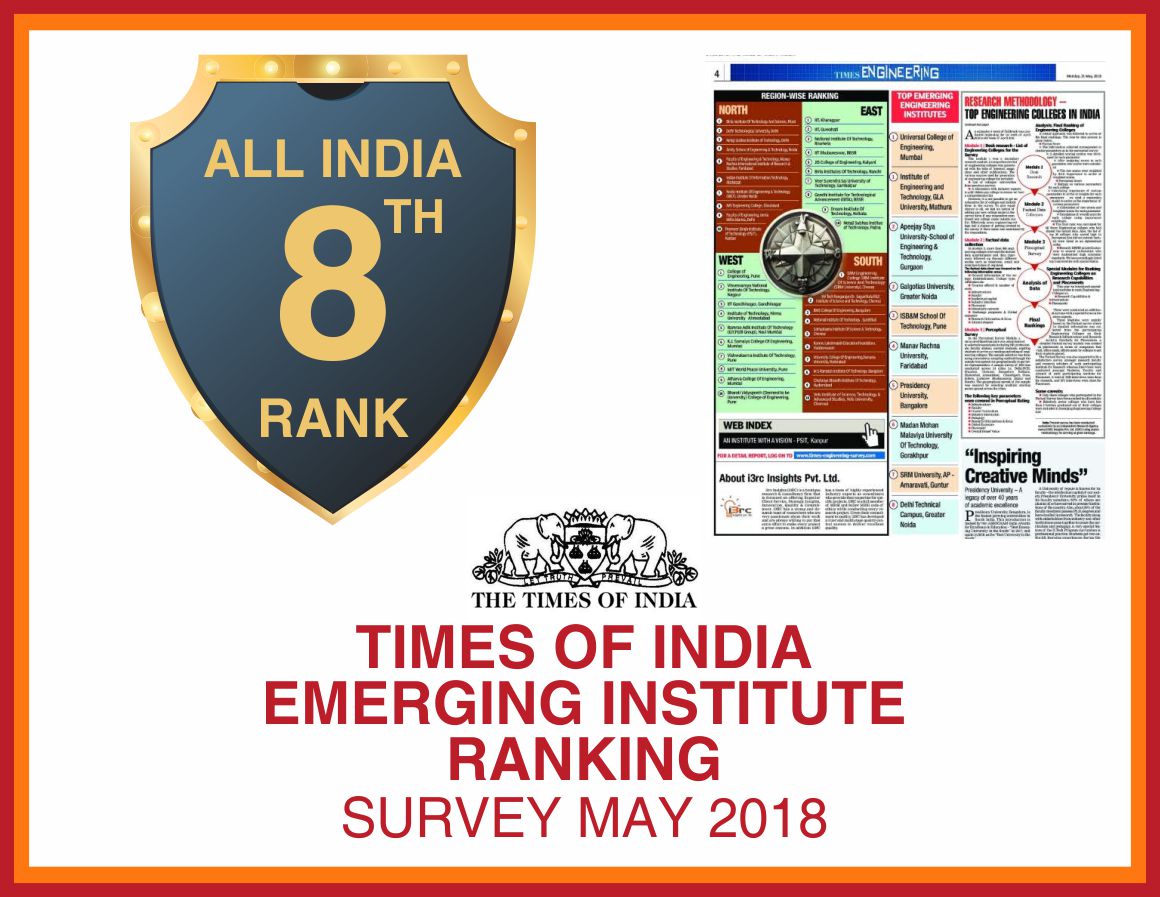The definition of sexual harassment in the law includes many actions often brushed off as harmless or trivial. If there is unwanted conduct with sexual undertones, it can be classified as sexual harassment. Any unwelcome physical/verbal/non-verbal conduct of sexual nature, demands/requests of sexual favours, sexually coloured remarks, physical contact/advances, or showing pornography is considered sexual harassment.
In compliance with the directions of the Hon’ble Supreme Court and provisions of Act No 14 of 2013 and the University Grants Commission Act, 1956 (Act No. 3 of 1956), DTC has constituted an internal complaint committee (here-in-after referred to as ICC).
Tables B.10.1.3j shows the Internal Complaint Committee for 2022-23, and Table B.10.1.3k shows the Internal Complaint Committee for 2021-22, 2020-21 and 2019-20.
Internal Complaint Committee for Academic Year 2022-23
| S. No | Name | Designation |
| 1. | Dr Alka Srivastava | Convenor |
| 2. | Dr. Seema Verma | Co-Convenor |
| 3. | Ms. Swati Puniyal | Member |
| 4. | Mr. Vivek Kumar Mishra | Member |
| 5. | Dr. Malvika Chaudhary | Member |
| 6. | Ms. Indu Sharma | Member |
| 8 | Md. Salman | Student Member |
| 9 | Ms. Tushti Joshi | Student Member |
| 10 | Mihir Mishra | Student Member |
| 11. | Ms. Charu Wali Khanna | Member (NGO) |
Table 10.1.3j
Internal Complaint Committee for Academic Year 2019-20, 2020-21 and 2021-22
| S.No | Name | Designation |
| 1. | Dr Alka Srivastava | Convenor |
| 2. | Dr. Kumar Shubham | Co-Convenor |
| 3. | Mr. Vivek Kumar Misra | Member |
| 4. | Ms. Upasana Joshi | Member |
Table 10.1.3k
Roles and Responsibilities
- The ICC will enquire and look after the complaints of sexual harassment received from any student or faculty member underUGC (Prevention, Prohibition and redressal of sexual harassment of women employees and students in higher educational institutes) Regulations, 2015
- The student members of the ICC will participate in the proceedings of the ICC only if the complaint is received against another student of the college.
- Whenever the committee receives a complaint, the ICC will send its copy to the person against whom the complaint is made within seven days. The respondent against whom the complaint is filed will be required to file his/her reply along with details of witnesses of his defense within 10 days. The entire inquiry process will be completed within 90 days of receiving the complaint.
- The College ICC will have jurisdiction over the complaints relating to college premises. However, if the act of sexual harassment takes place outside the college, during a college/university event, or any other place where a person is participating in the capacity of an employee or student, it will be covered by the ICC of the college. ICC will conduct inquiries into sexual harassment complaints from students, faculty members, and non-teaching staff
- If any complainant decides to approach the director of the college or any faculty member, the complaint so filed shall be forwarded to the ICC same day without unnecessary delay
- The ICC will take cognizance of a complaint if made within three months or three months of the last incident in a series of incidents. The time limit can be extended by another three months if the committee is satisfied that circumstances prevented the person from filing a complaint.
- During the pendency of the inquiry, ICC can recommend a transfer of the complainant or respondent to different departments to mitigate the situation. If a student files a complaint against a teacher, the respondent can be restrained from evaluating the complainant’s work/tests/examination papers.
- An inquiry report with observations and recommendations, if any, will be sent to the executive authority, i.e., the Director of the college and both parties, within 10 days of the completion of the inquiry.
- The executive authority, i.e., the Director of the college, will take necessary action, as deemed fit, within 30 days of the submission of the report by ICC unless an appeal against the finding is filed within that time by either party.
Working
- ICC of the college has maintained a complaint register in which all the complaints of sexual harassment shall be entered. The complaints shall be serially numbered, year-wise, in this register.
- The complainant and the person against whom the complaint is made can bring witnesses and produce evidence. The inquiry committee will ask the complainant to testify and provide evidence such as phone calls, logs, texts, etc.
- But since sexual harassment usually occurs without witnesses, it does not have to be proved beyond doubt to be able to charge the perpetrator/respondent.









